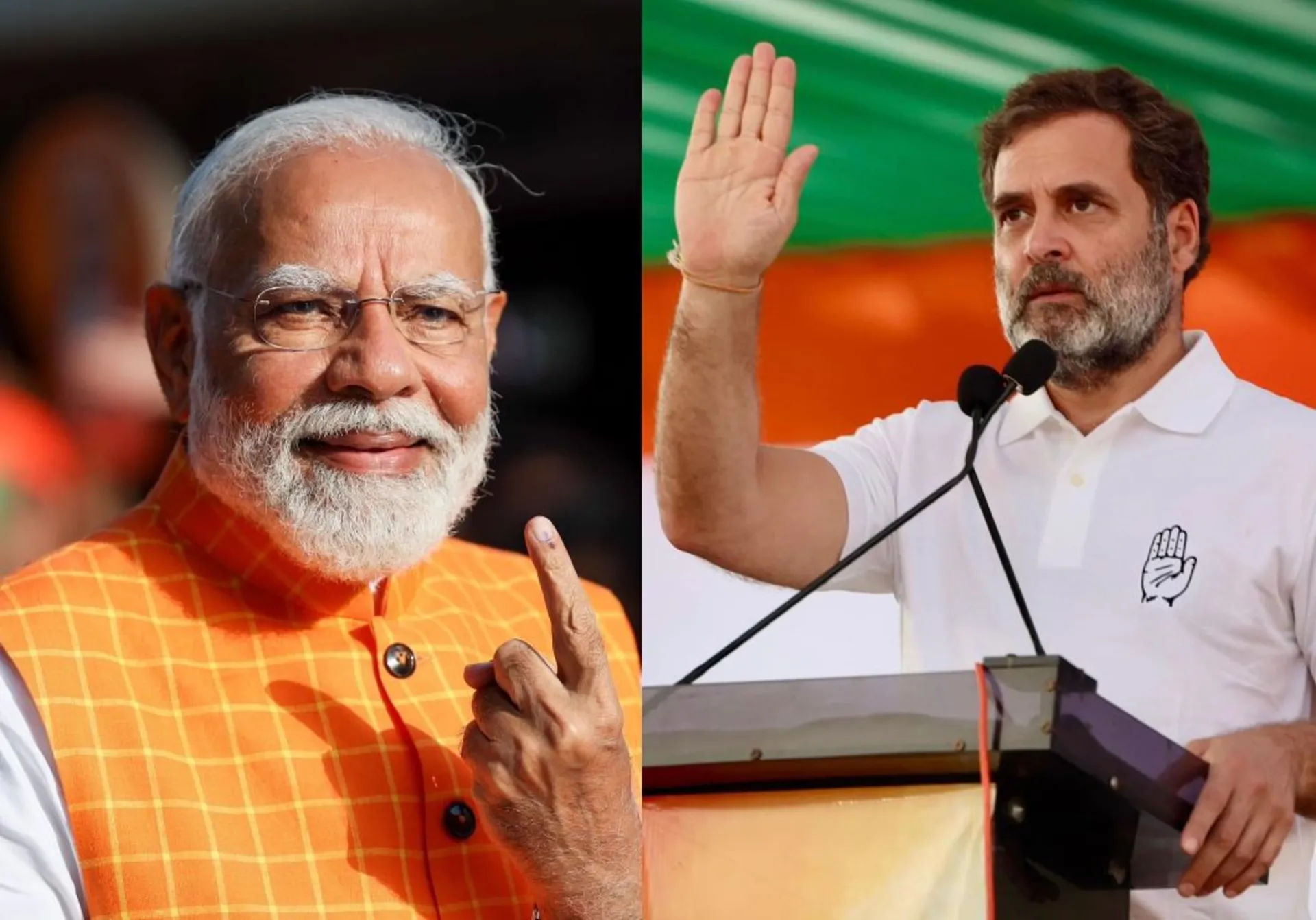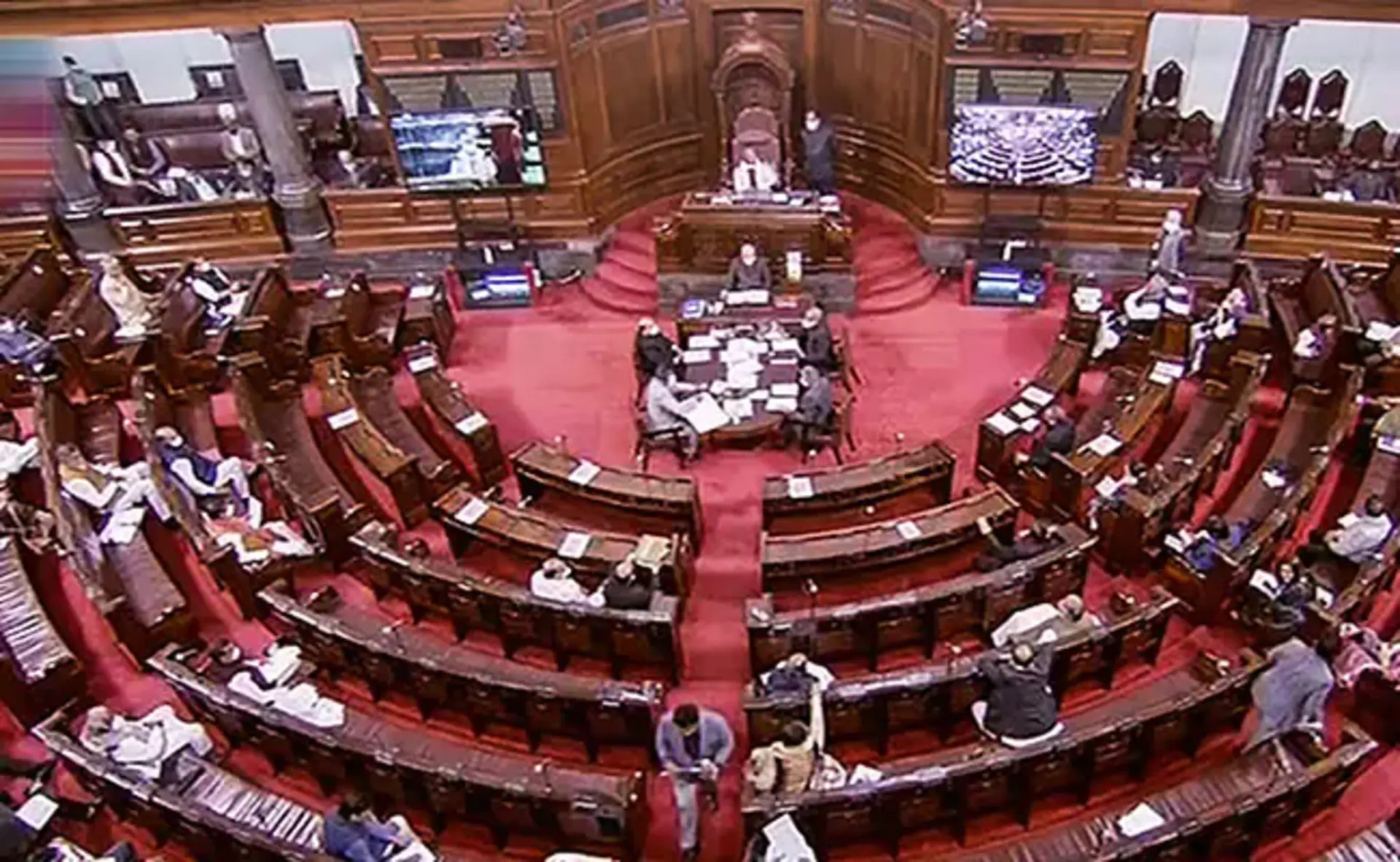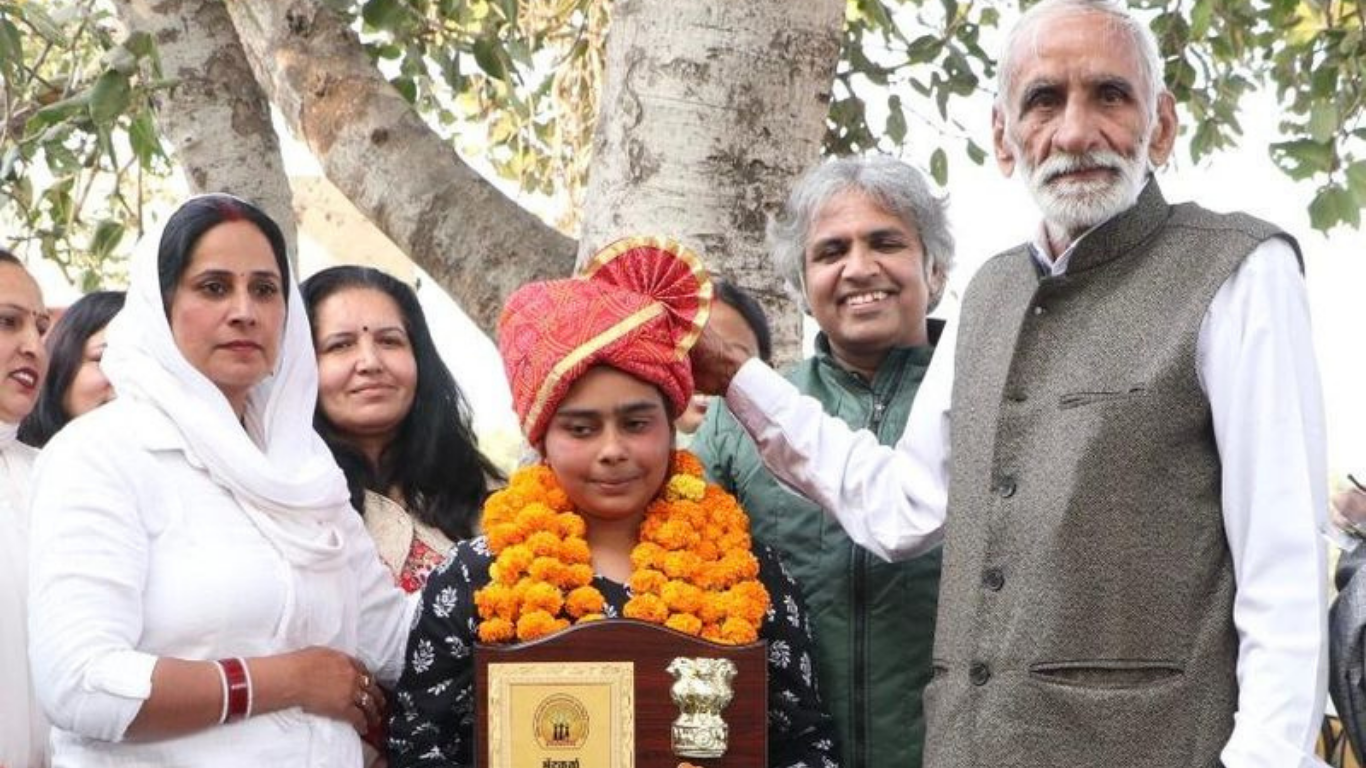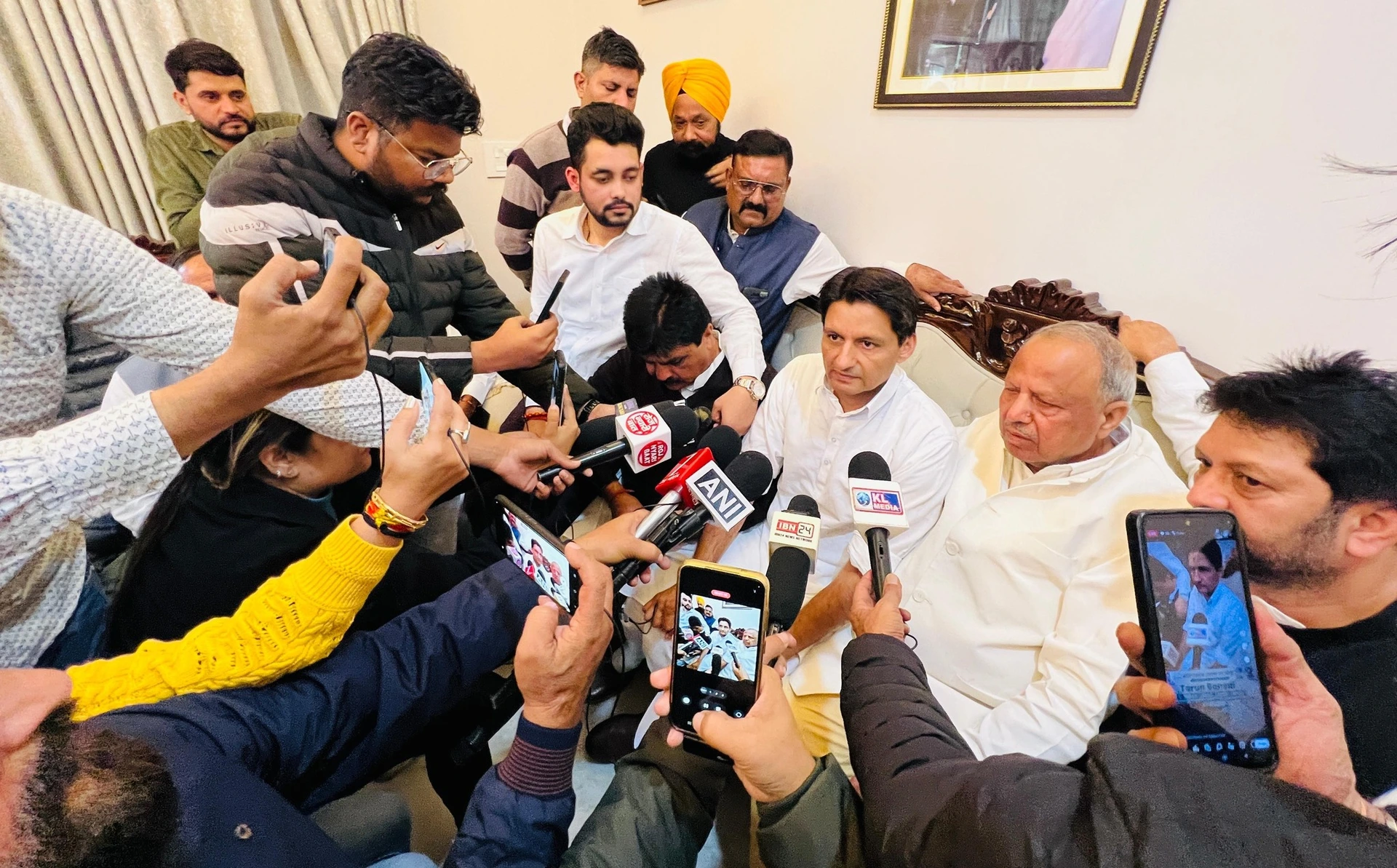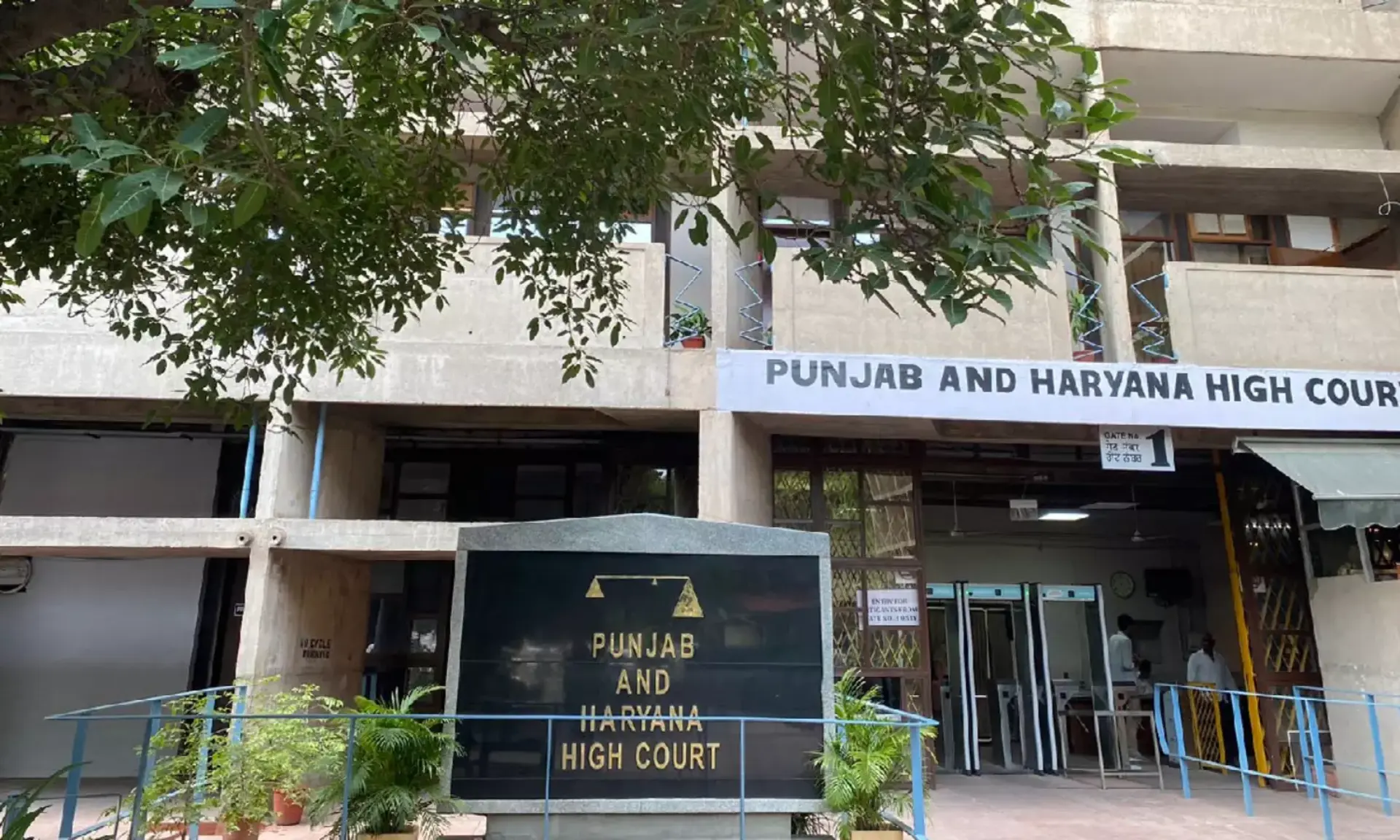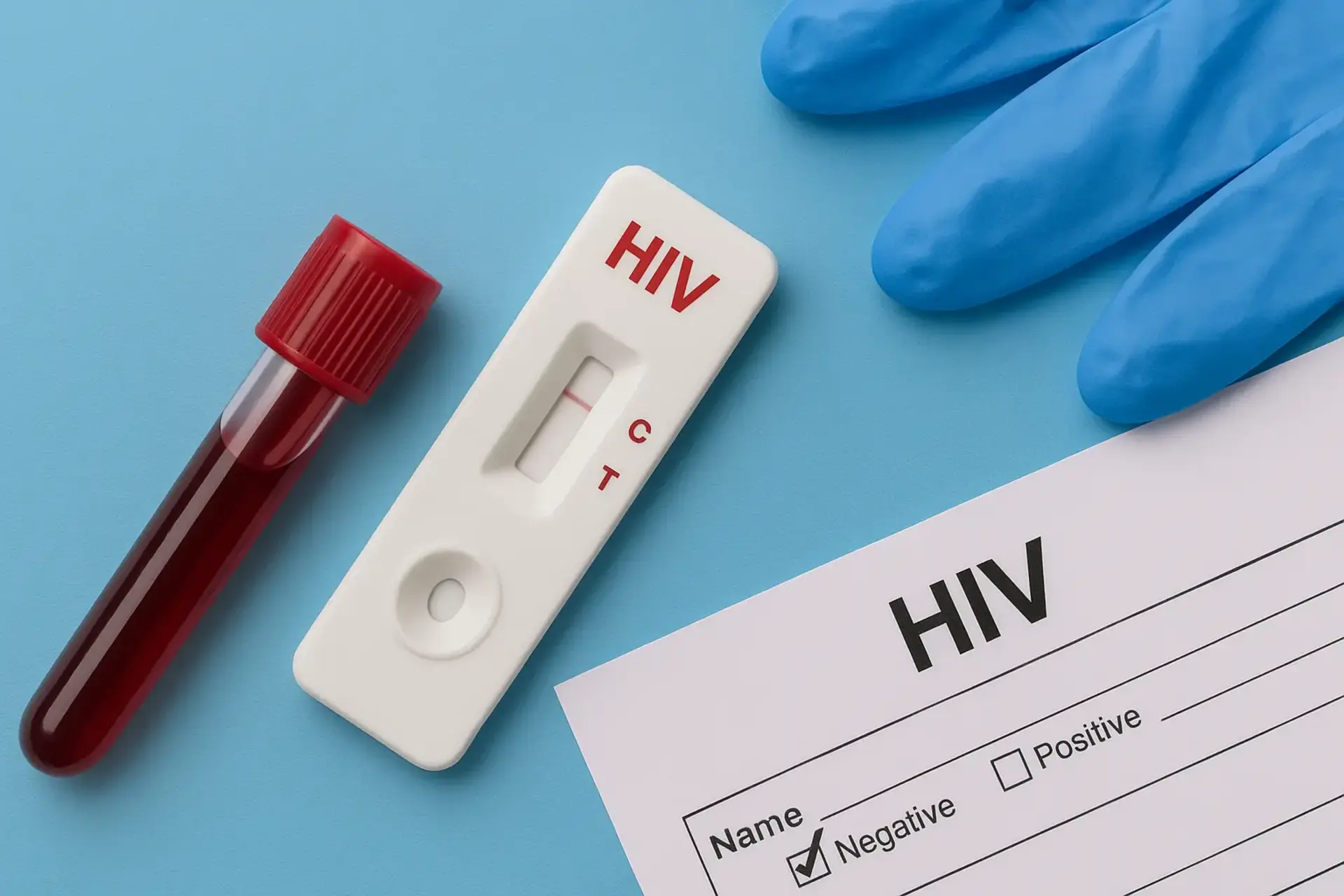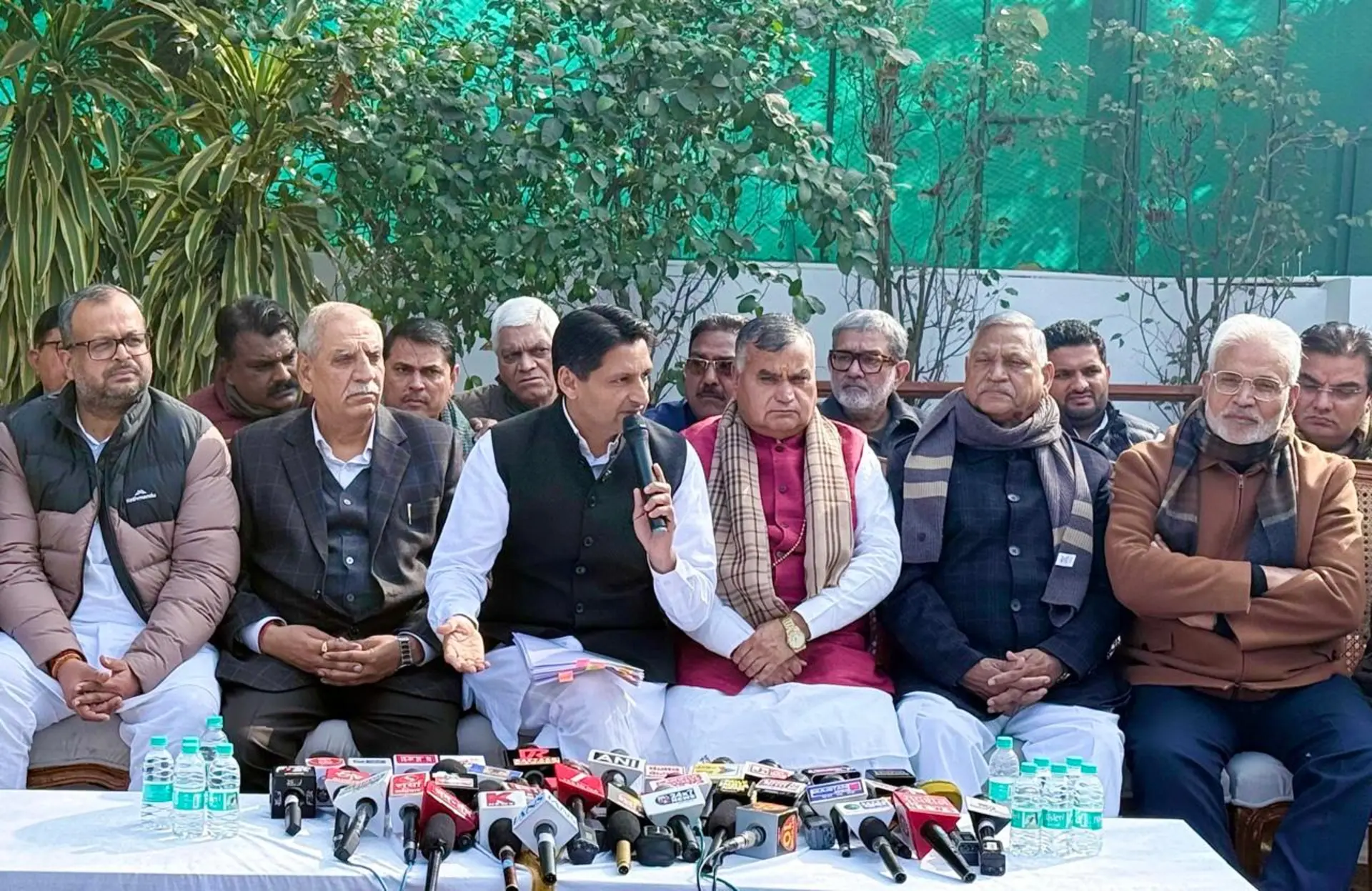
The battle for Haryana's Dalit votes has intensified as political parties recognize the community's decisive role in the upcoming assembly elections. The Haryana Story has learned that with Dalits comprising 21% of the state's population, their support could make or break political fortunes in the region.
BJP's Setbacks and New Strategy
The Bharatiya Janata Party (BJP) faced significant setbacks in recent Lok Sabha elections, losing both reserved constituency seats to Congress. In response, the party has launched targeted initiatives, including special conventions at district and assembly levels. Under Chief Minister Manohar Lal Khattar's leadership, the party has introduced the "Manohar Lal ka Parivar" campaign specifically aimed at Dalit voters.
Congress's Growing Influence
Congress has made substantial gains, winning 11 out of 17 reserved assembly segments in recent electoral patterns. The party's vote share jumped from 28.42% to 43.73% over five years. Congress has consistently raised issues like caste census and equal opportunities, with Rahul Gandhi positioning himself as an advocate for Dalit rights.
Promise Wars Between Parties
Both major parties have announced extensive welfare measures:
- BJP promises separate welfare boards for 36 backward communities
- Full scholarships for OBC and SC students in medical and engineering programs
- Congress pledges free 100-square-yard plots and ₹3.5 lakh for house construction
- Both parties commit to raising creamy layer limits for OBCs
Regional Alliances and Demographics
Regional parties like JJP and INLD have formed strategic alliances with Dalit-centric parties ASP and BSP. According to the 2011 census, Dalits constitute 20.2% of Haryana's population, with a higher concentration (22.5%) in rural areas compared to urban regions (15.8%).



